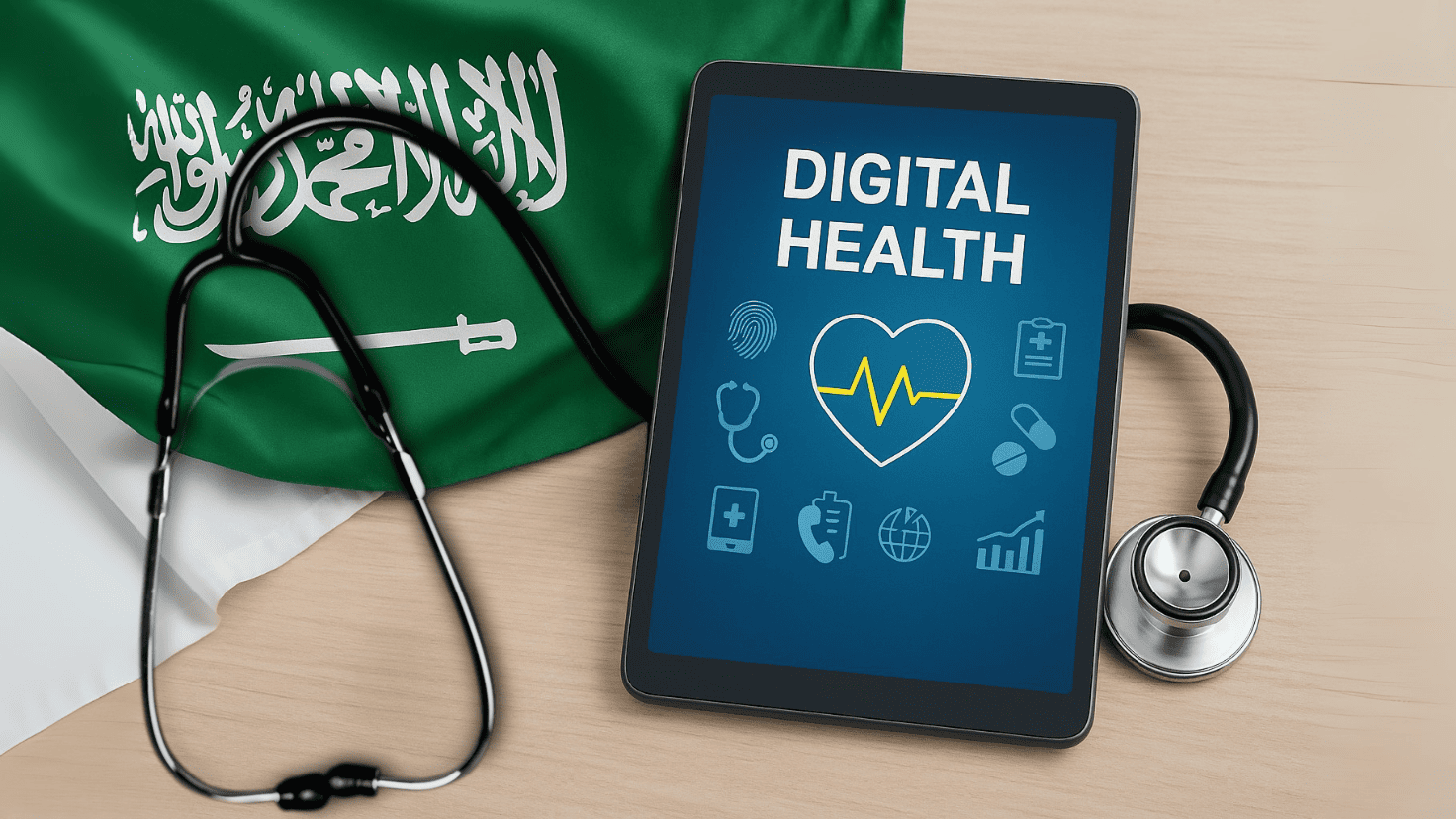The Saudi Food and Drug Authority (SFDA) has released the MDS-G27 Guidance on Digital Health Products, Version 1.0. This guidance marks a significant step in defining the regulatory landscape for digital health technologies in Saudi Arabia.
Its main goal is to provide clarity on the classification, oversight, and regulatory requirements for digital health solutions, helping manufacturers and developers differentiate between regulated medical devices and general wellness products. Digital health technologies are evolving rapidly, encompassing mobile applications, telemedicine platforms, AI-driven tools, and digital therapeutics.
With innovation accelerating, clear regulatory guidance is critical to ensure patient safety, product quality, and compliance with local laws. MDS-G27 provides this framework, offering a risk-based, structured approach that balances innovation with regulatory oversight.
Scope and Applicability
MDS-G27 applies to a wide range of digital health products, including mobile health (mHealth) applications that monitor health metrics or provide patient engagement support, telemedicine platforms that facilitate remote consultations and diagnostics, digital therapeutics that deliver evidence-based interventions to prevent or treat medical conditions, and AI-driven solutions that analyze patient data or support clinical decision-making. The guidance sets out clear criteria to determine whether these technologies qualify as medical devices under SFDA regulations.
Products that are primarily wellness-focused, such as general fitness trackers or lifestyle apps, are typically exempt from the stringent regulatory requirements but must still meet basic safety and data protection standards.

Key Provisions
MDS-G27 provides detailed regulatory guidance for digital health products in Saudi Arabia. It establishes a classification system that defines product categories and clarifies when a product qualifies as a medical device, based on its intended use, claims, and potential impact on patient health.
The guidance emphasizes a risk-based regulatory approach, ensuring that low-risk products undergo proportionate oversight while high-risk products, such as AI diagnostic tools, are subject to more rigorous evaluation. This risk-based system aligns regulatory scrutiny with the potential impact on patient safety.
Products classified as medical devices must comply with SFDA’s existing regulations, including registration, performance evaluation, safety testing, and post-market surveillance. Developers are expected to maintain thorough documentation demonstrating conformity with these requirements.
At the same time, the guidance clearly distinguishes medical devices from general wellness products, providing certainty for developers and preventing unnecessary regulatory burdens on low-risk wellness solutions. Throughout the guidance, the SFDA underscores the importance of balancing innovation with safety, encouraging developers to design products that are effective, secure, and compliant with best practices.
Implications for Stakeholders
The MDS-G27 guidance has significant implications for manufacturers, developers, investors, and healthcare providers. For manufacturers and developers, the guidance makes it essential to evaluate whether their products meet the criteria for medical devices.
Those that do must comply fully with SFDA registration, safety, and performance requirements. For products that do not meet the medical device threshold, the guidance provides clarity on market entry, enabling companies to move forward without unnecessary regulatory obstacles.
For investors and strategic partners, understanding MDS-G27 is critical for informed decision-making. Clear guidance reduces regulatory uncertainty, allowing stakeholders to better assess product risk, approval timelines, and market potential.
Healthcare providers, such as telemedicine platforms and hospitals, benefit from the clarity provided by the guidance, enabling them to confidently adopt compliant digital health solutions. Regulatory and legal teams can leverage MDS-G27 as a roadmap to maintain compliance readiness and avoid enforcement challenges, ensuring that their digital health offerings meet both local and international standards.
Conclusion
The SFDA’s MDS-G27 Guidance on Digital Health Products establishes a transparent and structured framework for digital health regulation in Saudi Arabia. By defining product categories, regulatory expectations, and approval pathways, SFDA helps stakeholders navigate compliance requirements while fostering innovation.
Manufacturers, developers, and investors who understand and implement MDS-G27 requirements can confidently bring high-quality digital health products to the Saudi market, ensuring patient safety, product performance, and regulatory compliance in a rapidly evolving sector.
How Can RegDesk Help?
Regulatory change is inevitable. The real differentiator is how you respond.
At RegDesk, we help MedTech companies anticipate and adapt to evolving regulatory landscapes, like Nigeria’s, with speed and confidence.
Our platform offers:
- Real-time regulatory intelligence to monitor updates and guidance
- Centralized document management for submissions and postmarket activities
- Country-specific insights to align your strategy with local requirements
- Automated workflows to manage product changes, renewals, and compliance documentation
Whether you’re expanding into new markets or optimizing existing ones, RegDesk helps your team stay ahead, so compliance becomes a competitive advantage, not an obstacle. Want to get ahead of Nigeria’s regulatory transformation?
 Saudi Arabia
Saudi Arabia 
